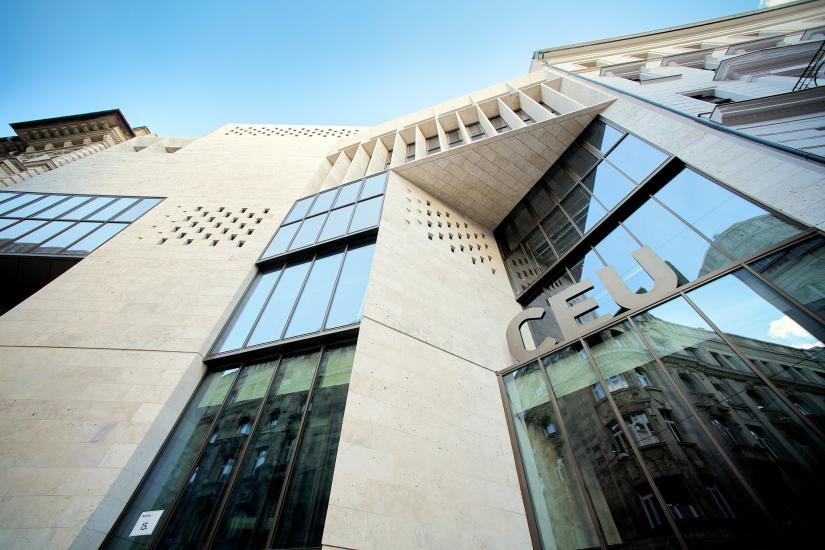
Please note that the lecture will take place in the Popper Room instead of the Gellner Room
“Europa” is not a medieval concept in anything but geographical terms, or only to a very marginal degree. Peter Burke has correctly claimed that a political concept, an “idea” of Europe that can be described as omnipresent, available, and well-known to all participating in political discussions did not exist before c. 1700. But since “Europe” is an important entity for us today we want it to have distant – medieval, even antique – roots. So we are constructing medieval Europe: We are looking back and try to fulfill expectations that are derived from modern (changing, even volatile) necessities. And we are constructing it as we have been constructing the medieval nations: No surprise since most of our academic fields have developed in the age of the (building of the) nation states. Sometimes we see European medieval history as an sum of the medieval histories of nations. But also if we go beyond that and try to identify something more general “European”, we are conceptualizing Europe like a nation state and are trying to define hard outside borders, even cultural ones, as if that was the (only and) natural way to organize humans living together.
The lecture will explore the problematic notion of “medieval Europe” between medieval evidence and modern questions, and it will suggest possible constructive ways to describe modern Europe with regard to its medieval roots.
Felicitas Schmieder is professor of pre-modern history at FernUniversität in Hagen since 2004. Dissertation 1991; Habilitation 2000 Frankfurt am Main; recurrent visiting professor Department of Medieval Studies, Central European University, Budapest; executive board of CARMEN: The Worldwide Medieval Network since 2011. Main research areas: European cultural memory; history of medieval “Europe”; pre-modern cartography (world, regional); prophecy as political language; medieval cross-cultural contacts and perceptions; medieval German urban history.